The Circular Flow Of Income Fallacy
The only way out of a debt crisis is to pay off your debts. That’s why households are paying down their credit card bills and store card bills. It means banks getting their books in order. And it means governments all over the world – cutting spending and living within their means.
This contrasts with a recent Globe and Mail editorial by Martin Wolf:
What Mr. Cameron recommends is even nigh on impossible. Why is that? Is it not common sense that if one has borrowed too much, one must pay it back? Alas, what makes sense for individuals does not make sense for an economy, because one person’s spending is another person’s income. Consider a closed economy. Income and spending must match. If the private sector decided to spend less than its income, to pay down debt and if the government also decided to stop borrowing, aggregate incomes would fall until they could no longer achieve what they wanted. All they would obtain, by following Mr. Cameron’s advice, is a race to the economic bottom.
This is the gigantic cul-de-sac of the “Circular Flow of Income” that every 1st year economics undergraduate is taught in their opening macro class. Whilst it is true that one man’s spending is another man’s income, this truism says nothing about how that money is spent or whether it is conducive to prosperity. The aggregation makes the circular flow nothing more than a tautological statement. I previously explored some of the negative routes that economists have embarked upon in this blog post from September 2009. Wolf is one of the FT’s most mainstream high-profile writers. Before Keynes he would have been considered a consumptionist crank of the sort that used to come to fore every few decades or so to be thoroughly discredited by any non-muddleheaded economist of the day. Now he and his type are in the majority. If your household had outgoings of £2,000 per month and income of £1,800, you have to either consume your saved capital, or borrow some else’s to the tune of £200 per month. If there is no one to borrow from, or the amount you have borrowed is making it very burdensome for you to make any repayments (or even to cover the interest costs), then you need to cut back on your outgoings. Now if you cut back on your outgoings so you now spend £1,700 per month on a £1,800 per month income, it is happy days for you as you are accumulating £100 of capital per month. You are profitable. In this example, substitute you for a company and you can see how a company reliant upon debt can become a profitable contributor to society. Now with a sovereign government, the same logical of living within your means must also apply. Restoration of profitability is the only sure-fire way of establishing long-term recovery in the economy. The aggregate expenditures of all being the aggregate income of all is in fact a red herring. What matters is the degree of profitability within the aggregate measures in all aspects of the economy, from the Sovereign State, through the corporations, to the humble household. This implies a deflating down of the credit-induced bubble. This is liquidation. This will mean creditors who have lent money unwisely to walking dead businesses, zombie governments and bozo corporations will not get all their money back. This means there will be some pain. The alternative proposed by Wolf and much of the economics profession is to inflate the debt away. This means that all the prudent and wise people who have saved to provide for themselves will see their savings eroded, and will be forced to live on less. Meanwhile, those who unwisely lent to households, corporations and governments who could never fulfill their promises will in nominal terms be spared any default on their debt. Morally, I prefer liquidation, just as I prefer a restoration of profitability to the current approach of maintaining the aggregate incomes and expenditures of all at unsustainable levels without regard to profit. Creating and perpetuating illusions is not for any sane politician or economist, only muddle-heads like Wolf.




